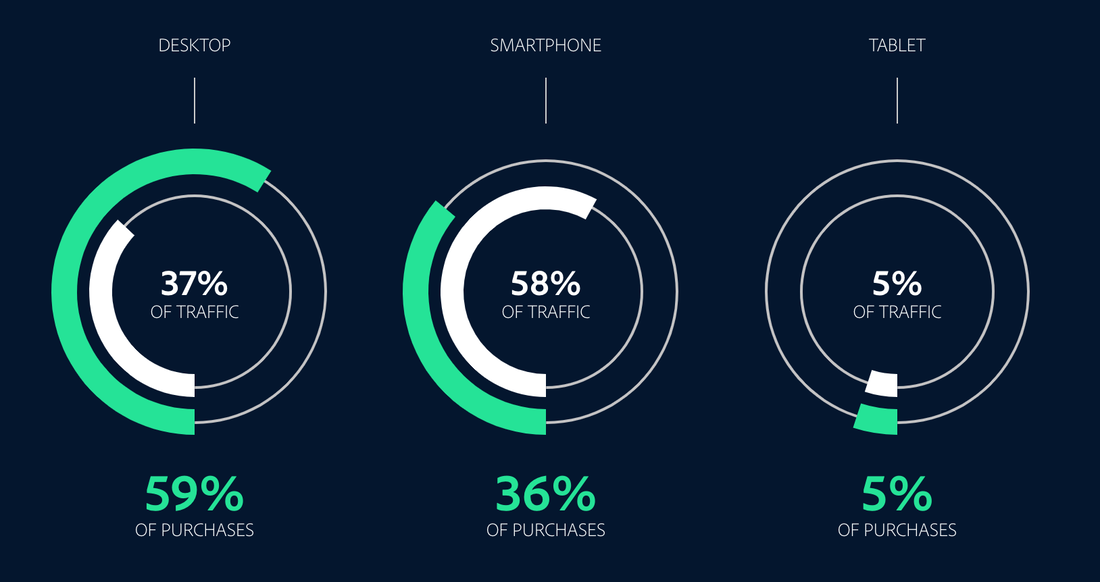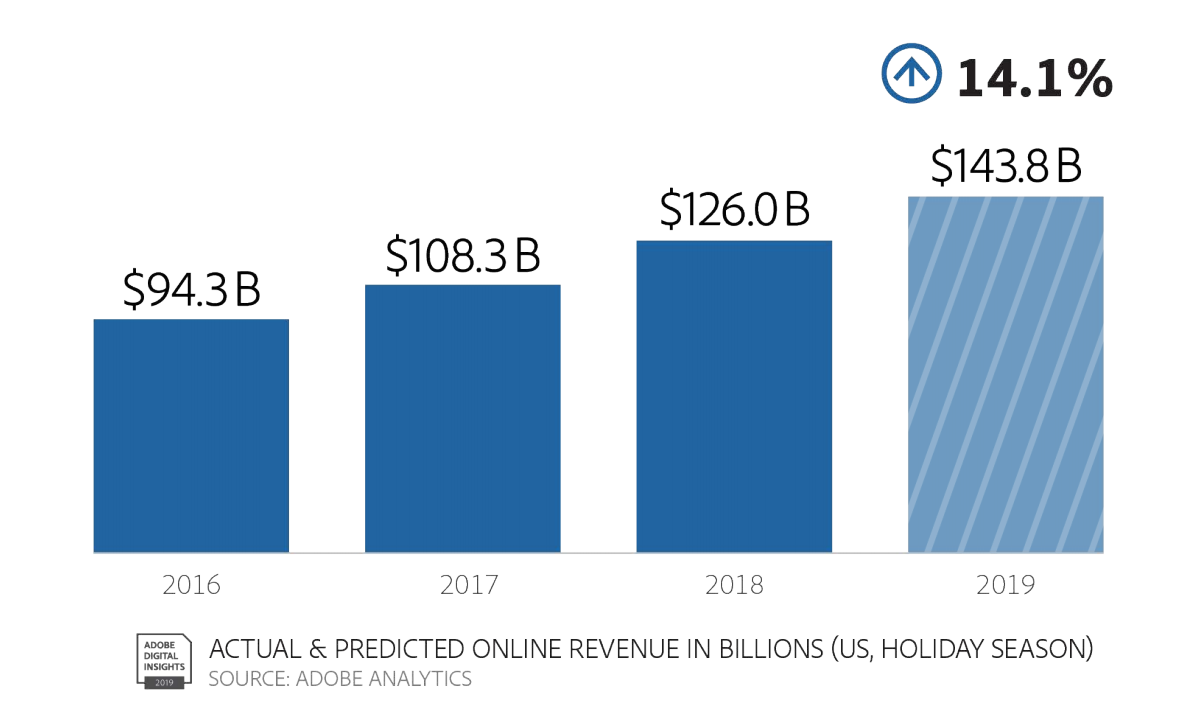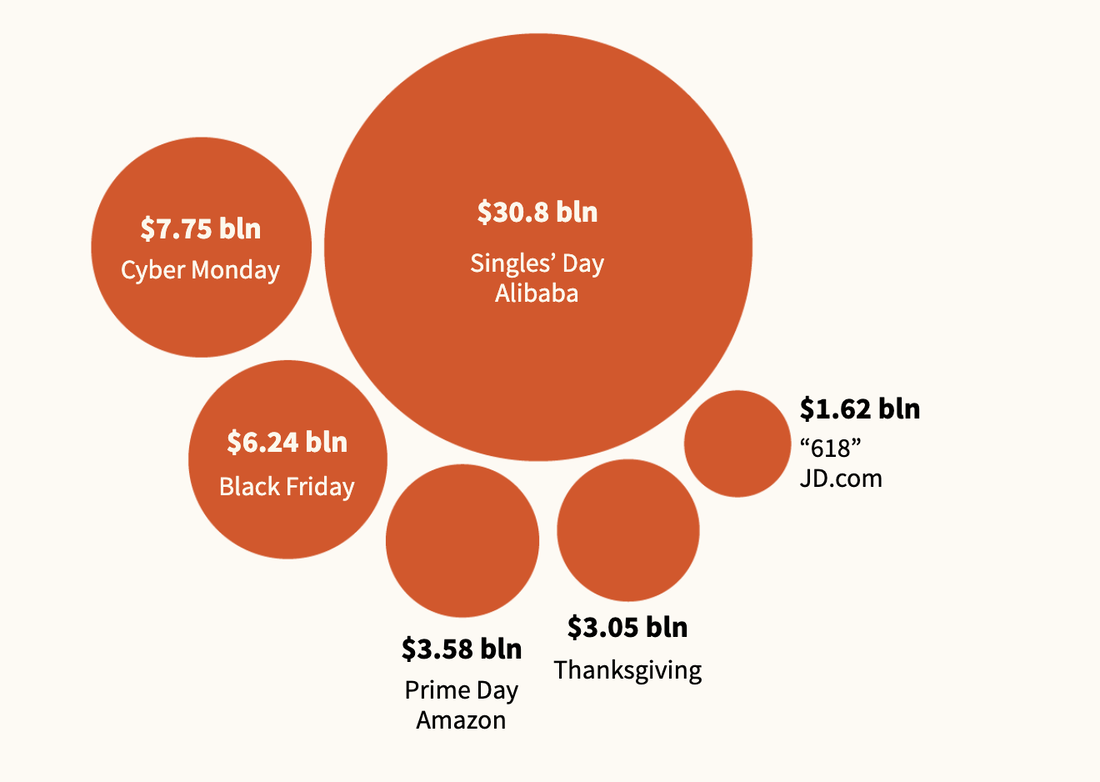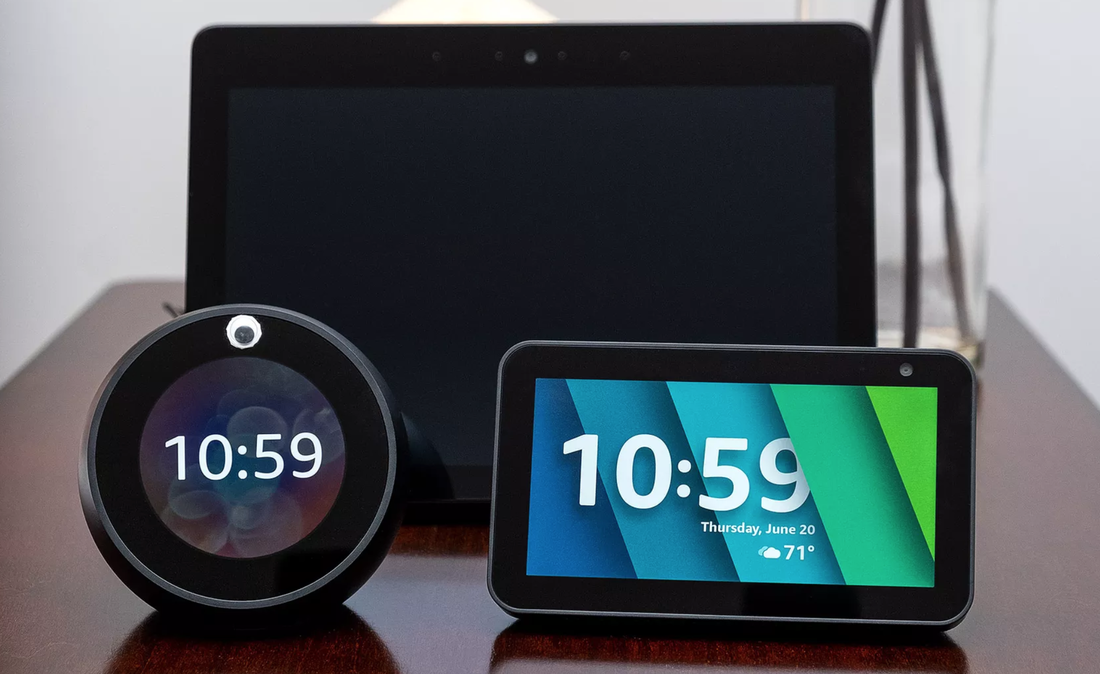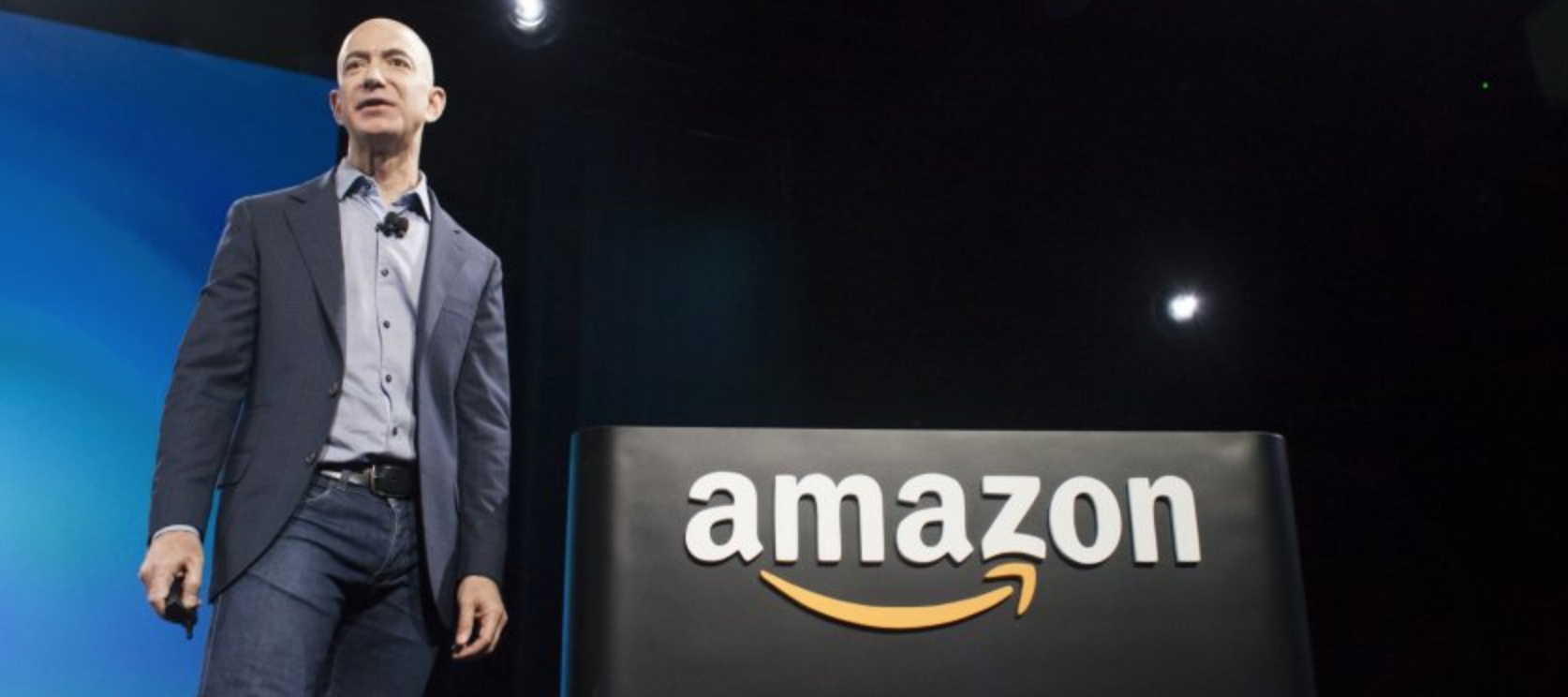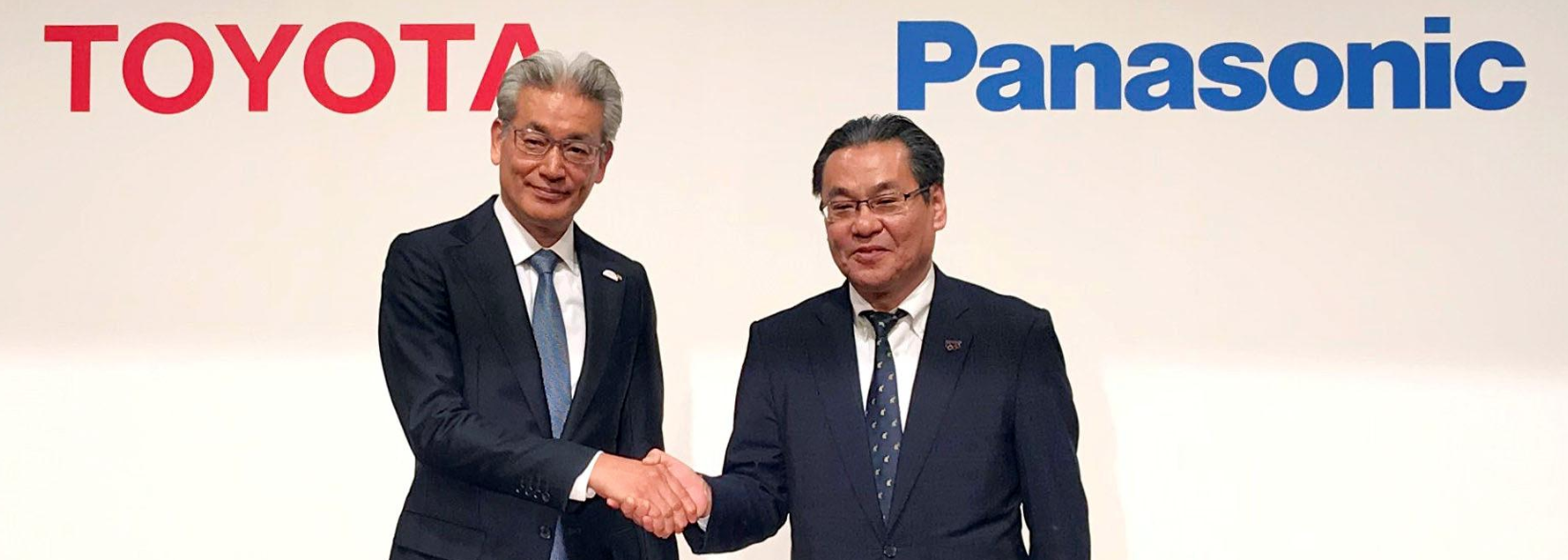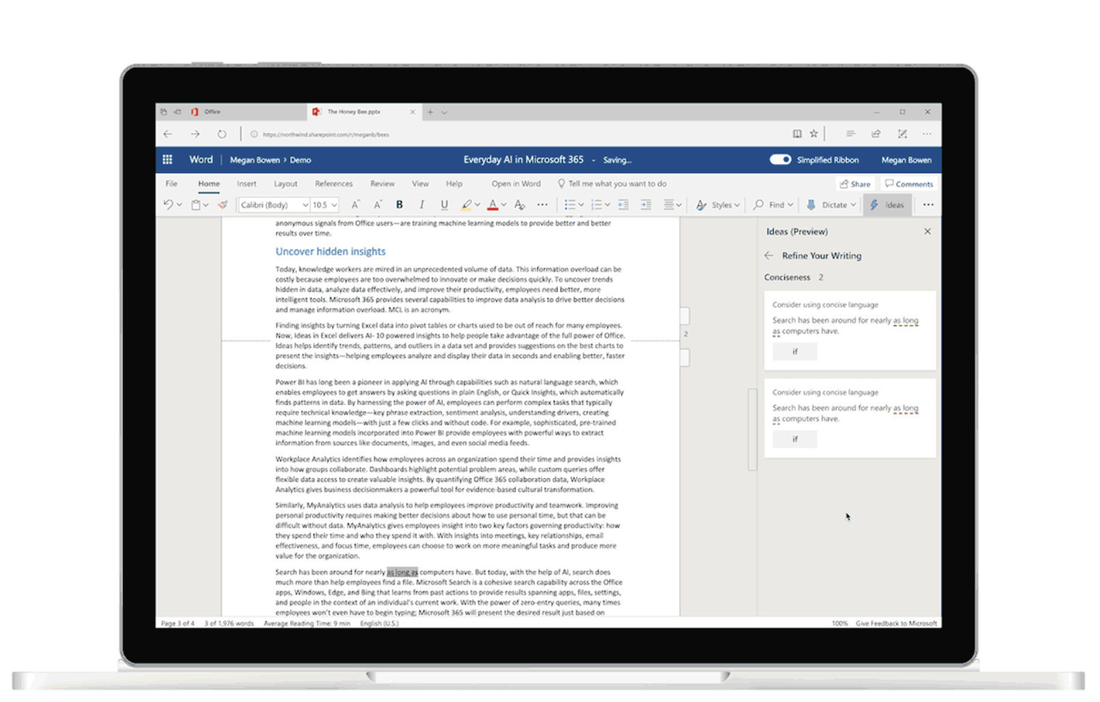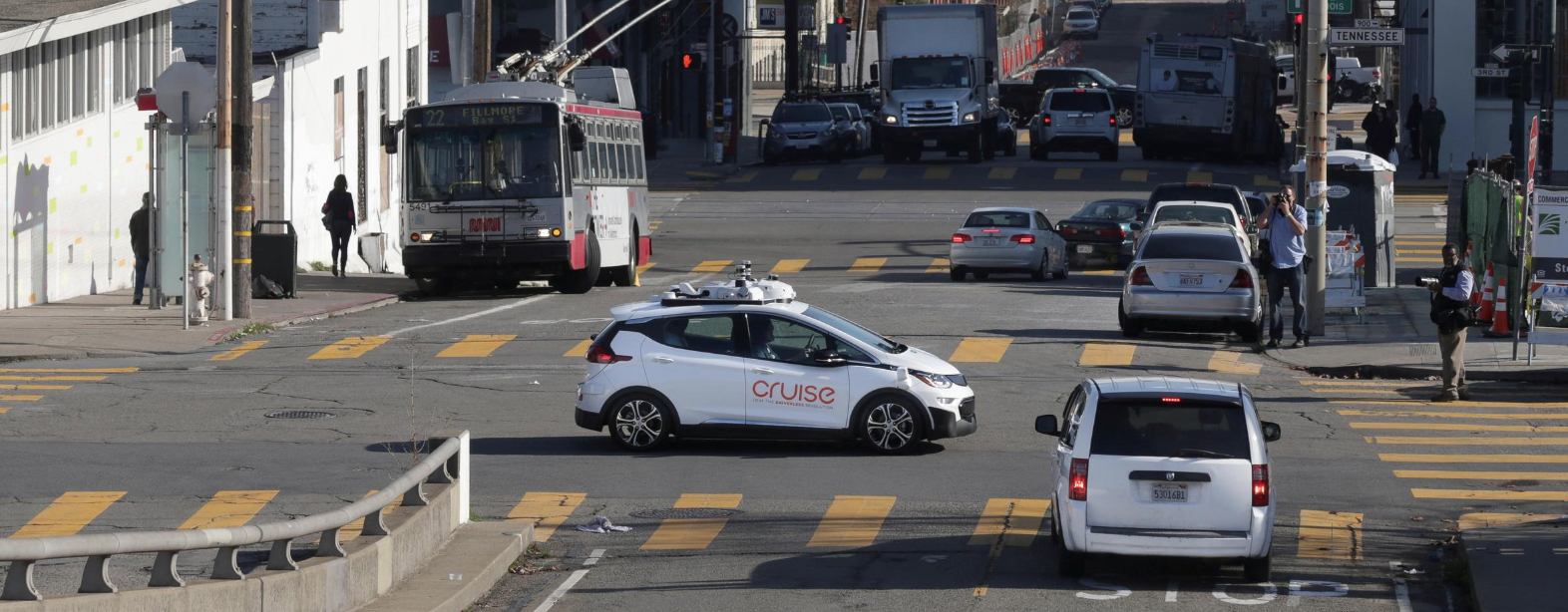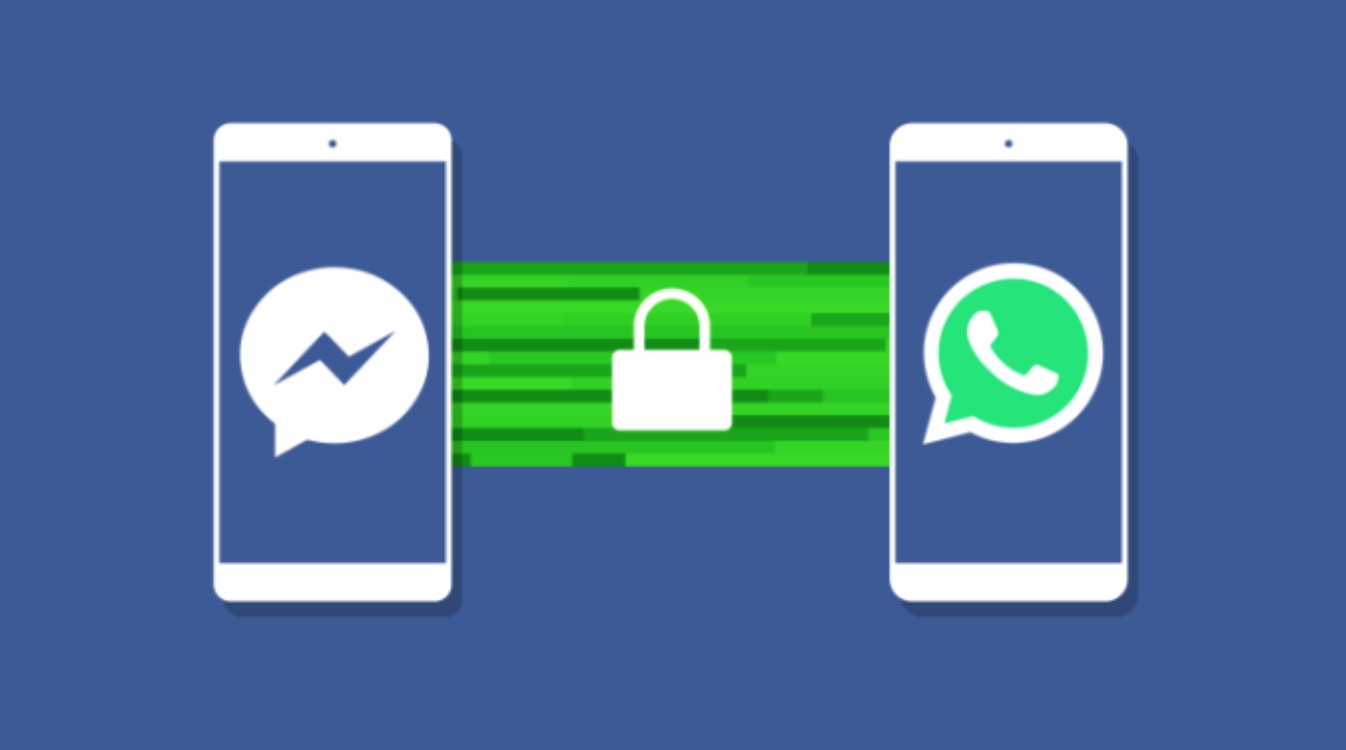|
Black Friday (Nov. 29th) and Cyber Monday (Dec. 01) set new spending records in the United States with $7.5 billion and $9.4 billion in online sales estimated by Adobe Analytics. Both daily totals represent a growth of nearly 20% over last year's records. Not only is online spending skyrocketing, but customers are also choosing to make more purchases via smartphones. On Cyber Monday, for example, smartphones accounted for more than one-third of all sales, an increase of over 40% over last year. Adobe expects that online holiday spending will reach over $140 billion, with Cyber Week (which includes Black Friday and Cyber Monday) accounting for around 20% of that total. Although the increase in spending seen during Cyber Week echoes broad industry trends, big retailers do get a bigger boost from the holiday season than their smaller competitors. Adobe estimates that big retailers ($1B+) see a holiday revenue boost of close to 65%, which is close to double what their smaller competitors ($50M<) experience at 35%.
Advertising is a vital part of the equation for any retailer trying to capitalize during this holiday period. Adobe estimates that paid search was accounted for over 24% of sales (up from 5.2% last year), just edging out direct traffic (21.1%) and "natural" search (18.8%). Although social media isn't as successful at driving sales, accounting for only 2.6% of sales, its role as an influencer is growing as it drove 8% of visits (a growth of 17.5% from last year). Click here to read the full report.
1 Comment
Researchers have developed an AI system that analyzes brain activity and applies a predictive model at the same time to predict epileptic seizures with 99.6 % accuracy, up to an hour before they occur. The system would give patients with epilepsy time to prepare for the seizure by taking medication. The AI system uses a deep learning algorithm and constitutes a major leap forward from current prediction methods. While it will take some time before the system is available for widespread use - it promises life-changing news for people suffering from epilepsy.
Existing methods of prediction use an EEG (electroencephalogram) to analyze brain activity and only afterwards apply a predictive model. The new AI system was developed by Magby Bayoumi and Hisham Daoud at the University of Louisiana at Lafayette in the United States. The World Health Organization estimates that there are close to 50 million patients around the world that have epilepsy, and 70% of those can control their seizures with medication. Click here to read the full article. Singles' Day, the annual online shopping event from Chinese giant Alibaba, has broken last year's record of $30 billion in sales within the first 16.5 hours of the 24 hour event. Sales hit $1 billion within the first minute and eight seconds, and Alibaba expects over 500 million users to make purchases during this year's event. For perspective, the online shopping event brings in the equivalent of over 80% of Amazon's online store sales from the last quarter in just 24 hours. Singles Day Facts:
Singles Day began in 2009 and is today by far the biggest online sales event worldwide, regularly beating out Black Friday and Cyber Monday sales combined (Cyber Monday in the United States took in $7.8 billion last year). This is the first time the event is being held without Alibaba co-founder Jack Ma, who stepped down this September as chairman to "start a new life."
Click here to read the full article. Ahead of its annual fall hardware event, Amazon announced yesterday that it had created an alliance called the Voice Interoperability Initiative with more than 30 companies. The initiative was built around the companies' shared belief that voice-enabled devices should offer more flexibility to customers by being designed to support multiple voice services. Each of the voice services would work seamlessly alongside one another on one device with customers accessing specific voice services by using their respective wake word. With support for multiple, simultaneous wake words, customers would be able to choose which voice service to use according to their particular needs. More than 30 companies have joined the initiative including Amazon, Baidu, Microsoft, Salesforce, Spotify, Tencent, Orange and Verizon.
According to Amazon's Press release on the subject, the Voice Interoperability Initiative has four priorities:
Multiple voice services on each device will allow various kinds of voice assistants to emerge. For example, customers would be able to access voice assistants with a broad focus and knowledge (Alexa) as well as those with a deeper, and more narrow, context-specific knowledge (such as Salesforce's Einstein Voice, a CRM assistant) on the same device. Of the companies currently involved the initiative, there are three prominent names missing: Google, Apple and Samsung. Click here to read the full article. Amazon's yearly online shopping event, Prime Day 2019, beat all previous company records to become Amazon's largest online shopping event ever. The now two day shopping event reserved for its Prime members, who number around 100 million, resulted in over 175 million products being purchased. For Amazon, that makes this years Prime Day sales larger than last year's Black Friday and Cyber Monday sales combined. Amazon's Prime Day success has not gone unnoticed among competitors with over 300 unique competitors running Prime-Day related offers (up from 27 in 2016), according to RetailMeNot.
The reality is that many retailers have been successfully able to piggyback off of the annual event to boost their own sales, with close to 38% even using the word Prime in their messages to consumers. According to Adobe Analytics, large retailers saw a huge increase, 64%, in their e-commerce sales on Prime Day when compared to an average Monday. The increased revenue, was lead by an increasing in traffic from visitors, accounting for close to 66% of the lift. This was followed by an increase in conversions, which accounted for 27%, and an increase in consumers' basket sizes, 7%. Adobe Analytics predicted that US e-commerce sales would be pushed to over $2 billion when Prime Day is all said and done, making it the third time outside of the holiday season (after Labor Day 2018 and Memorial Day 2019) when sales have reached that milestone. Amazon Prime members pay an annual subscription fee of $119 per year for a number of benefits, and bring in almost $12 billion in revenue to Amazon from their annual fees alone. Click here to read the full article. Starting today, Google announced that its Maps app will be able to provide transit predictions for how crowded your bus, train or subway will be in almost 200 cities. These predictions will be based on past ride information provided by application users and should help you plan your daily commute better. Also launching alongside these new transit crowdedness predictions are live traffic delays for buses, which will let you know if your buss is late as well as provide more accurate travel times. Google has released a series of updates to Google Maps recently as it tries to maintain its position as market leader among navigation apps, combating ride-hailing companies attempting to become one stop shops for all transportation modes.
Google collected data for this new prediction service by asking application users about their trip, asking them to rate their trip with one of the following four options - many empty seats, few empty seats, standing room only, or cramped standing room only. Google Maps has also released the following updates in the past months: Click here to read the full article. Toyota and Panasonic, two Japanese giants, will create a joint venture, named Prime Life Technologies Corporation, that will merge each companies' housing businesses in order to begin developing "connected" services related to urban development and housing. The company will be a 50-50 partnership between the two and will try to create value in cities and homes by harnessing the opportunities brought about by developments in connected vehicles, home applicants and other devices (also known as IoT - Internet of Things).
Statements from both companies demonstrate their willingness to combine their respective competencies to create a new value proposition. Toyota is massive player in the mobility and connected vehicles field, while Panasonic's strengths lie in its connected home appliances and IoT business. The partnership is the latest venture between the two Japanese companies. Earlier this year, Toyota and Panasonic announced a joint venture that will pull manufacturing and R&D strengths of both companies to build EV (electric vehicle) batteries. Click here to read the full article. Microsoft is developing AI for its Word online software, called Ideas, that will use machine learning to help improve the clarity, concision, and inclusiveness of your writing. In addition to features that help improve your writing, Ideas will also have features that assist in reading and styling documents. Test versions of Ideas will become available in June and the software is expected to roll out to everyday users in the fall of this year.
Ideas will be able to not only suggest grammar changes but also provide recommendations for how to rewrite phrases. When it comes to reading assistance, Ideas will be able to use machine learning to estimate reading times and explain acronyms and potentially even select the key points from a selected text. Microsoft has also revealed that Ideas will come with a designer feature that will assist users in styling parts of their documents (ex: tables). Google has also recently announced it's own AI-based writing assistance tool that will come its online Google Docs software. The tool, according to Google, will not only be able to identify grammar mistakes but will also detect "nuances" in language. Click here to read the full article. Three of the world's largest automakers announced today that they would be joining together to create a consortium along with SAE International, an automotive engineering group, to help establish "safety guiding principles to help inform standards development" for autonomous vehicles. The new group will be called the Automated Vehicle Safety Consortium and will work together on data sharing, safe testing guidelines and vehicle interactions. While the world watches and waits, the United States has yet to successfully pass legislation in its ongoing attempt to discover how to properly regulate self-driving cars. The goal of the consortium will be to expedite standards development and facilitate rule making.
Concerns about autonomous systems have increased following a fatal crash of an Uber self-driving vehicle in 2018 and two crashes of the highly automated Boeing 787 MAX. The crashes have put regulators' ability to assess the safety of autonomous systems into the spotlight. The Automated Vehicle Safety Consortium cited a standards group which helped create close to 4,500 aerospace standards as a successful model. Click here to read the full article. Through a blog post on Wednesday, CEO Mark Zuckerberg explained how Facebook's new vision for the future is to become a privacy-focused social networking platform. In the post, Facebook's CEO discussed how he believes Facebook's future will be centered around private, ephemeral, encrypted communication rather than the company's current, open platform news feed. According to Zuckerberg, these changes will occur over the next few years and should also open the way for new online commerce and payments services.
In Zuckerberg's Facebook post, he details Facebook's new privacy-focused platform will be built around the following principles:
This announcement comes at a time when Facebook is under increased scrutiny over the spread of "fake news," which has resulted in public pressure on the social network company to better moderate its customer content. The new privacy focused social network envisioned above may be designed to address some of these concerns as content will become private from even Facebook itself, reducing its vulnerability to privacy issues. A couple of the more concrete changes and policies outlined by Zuckerberg are listed below:
Facebook's Instagram, Messenger and WhatsApp are all used by more than 1 billion people each. This shift to a more privacy focused social network will make it harder for Facebook to continue generating the level of revenue from targeted advertising that has allowed it to become one of the largest companies in the world. As it undergoes the changes identified above, there is no doubt that the company will have to develop new revenue generating tools, services and strategies. It is important to note that Mark Zuckerberg did admit that elements of the plan could still change as the company speaks to experts over the next year. Click here to read the full article. |
A2D Digital FeedFollow the leading stories about digital transformation. |

